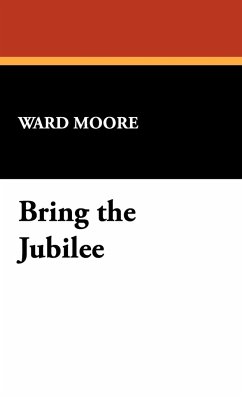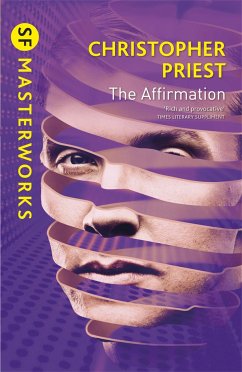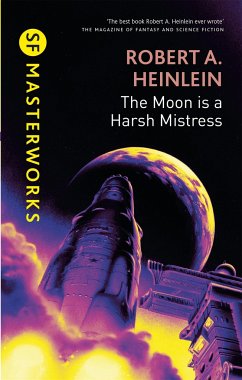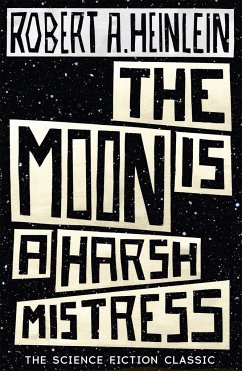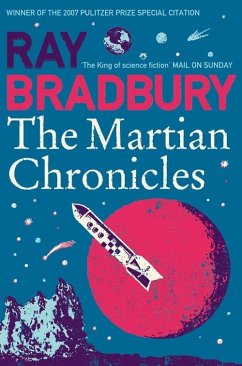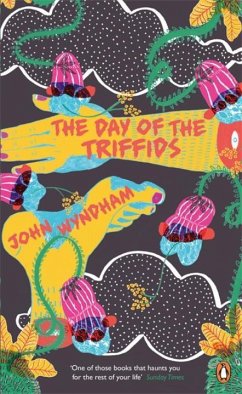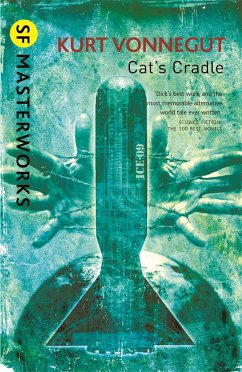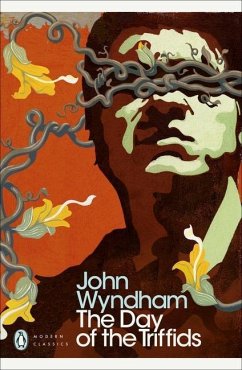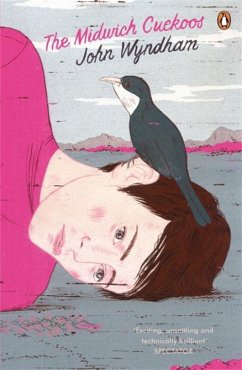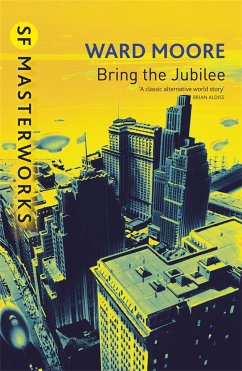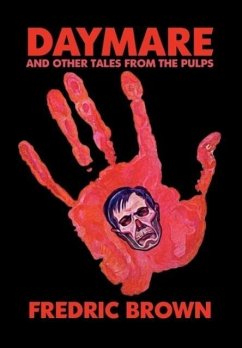
Daymare and Other Tales from the Pulps

PAYBACK Punkte
15 °P sammeln!
Mystery and science fiction writer Fredric Brown (1906-1972) remains best-known for his short fiction. His story "Arena" (in this volume) became the basis for a "Star Trek" episode of the same title. "Arena" was also voted by the membership of the Science Fiction Writers of America as one of the twenty finest SF stories of all time. In addition to "Arena," this volume contains five more of Brown's classic tales: "Daymare," "The Little Lamb," "The Geezenstacks," "The Hat Trick," and "Don't Look Behind You."



